6Dairy Calcium
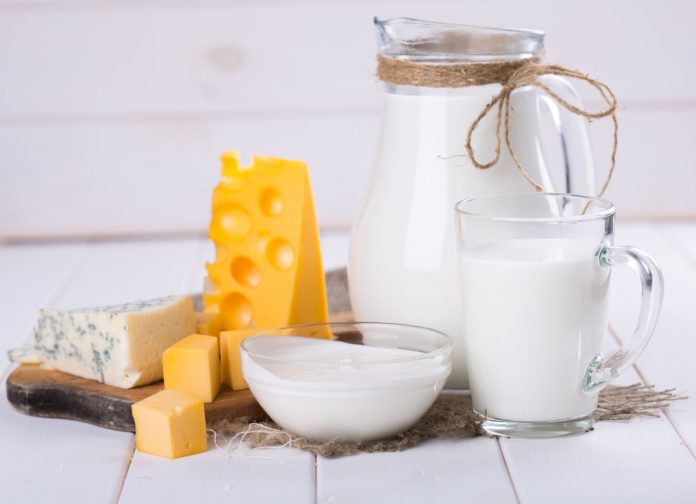
Advertisements
Dairy produce is the best source of calcium. This includes milk, cheese, and yogurt. If you are trying to cut down your intake of saturated fat, skimmed milk has just as much calcium as whole milk.
Low-fat yogurts can be a little insipid (and often have added sugar), so you may prefer to have whole-milk or Greek yogurt for the creamy taste and reduce your fat intake elsewhere.
Lower-fat cheeses include mozzarella, cottage cheese, goat’s cheese, fromage frais, feta, ricotta, and Edam.
Note:
Bones density increases until our late 20s, but from 35 or so, it begins to decrease.
Calcium is key for adolescents, who gain over 20% of their adult height and 50% of their adult skeletal mass at this time.
Adults need 700mg of calcium a day to keep bones healthy – that’s the equivalent of a pint of milk. A five-year-old needs 450mg, or two glasses of milk a day.
5Non-dairy Calcium

For people who have an allergy or intolerance to dairy produce, there are other sources of calcium:
- Fish with small, edible bones, such as whitebait or sardines, and canned fish (if you eat the bones);
- Green leafy vegetables (though not too much spinach, as it contains oxalates, which hinder calcium absorption);
- Soy products in moderation, such as soy mince, tofu, and fortified soy milk and yogurt;
- Almond milk, nuts, seeds, and tahini; dried fruits such as apricots;
- okra;
- fortified bread and orange juice.
Note:
Around 3 million people in the UK may have osteoporosis. While it’s often associated with women over 50, it can affect anyone – younger women, men, and even children – so we all need calcium.
4Balance of Proteins

There is some evidence that too little or too much protein can reduce bone strength.
Too little, so that you are malnourished, can cause bone loss. In that weakened state
you are more likely to fall over and so have more chance of fracturing a bone, too (this
particularly applies to the elderly).
Advertisements
If you eat too much protein, it may increase the acidity in the blood and other body fluids, causing calcium to be leached from the bones.
The recommended amount for adults is 2-3 small servings a day.
3Vitamin D
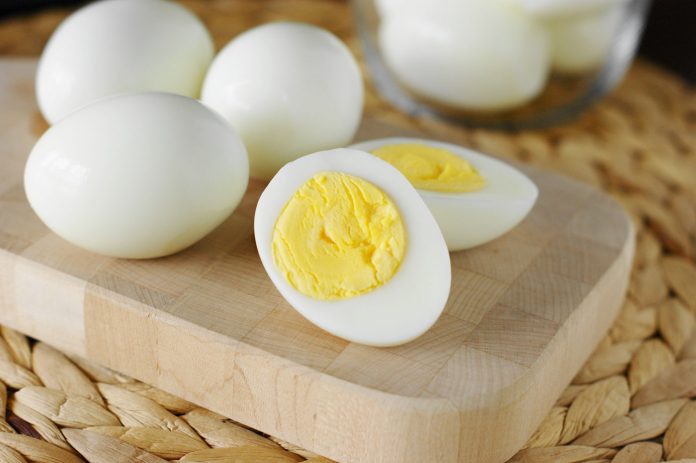
A deficiency in vitamin D can lead to osteomalacia in adults or rickets in children. Bones become softer, leading to deformity and pain.
The body makes vitamin D from our exposure to the sun. About 10 minutes twice a day (not midday) from late spring to early autumn is enough to see you through winter, together with what you eat in oily fish, eggs, and fortified breakfast cereals.
Children under five are given vitamin drops. Pregnant and breastfeeding mums and over-65s need a 10mcg supplement daily.
2Other Vitamins and Minerals

Bones need B vitamins as they can reduce levels of homocysteine, an amino acid, which may lower the risk of broken hips in later life.
Vitamin C is also important, to keep cells healthy.
Vitamin K helps to produce osteocalcin, a protein used to build bones – it also
helps mend them when broken.
Bones also need the minerals magnesium and zinc to grow.
If you eat a healthy balanced diet , you should get enough of all these nutrients.
1Omegas and Phytoestrogens
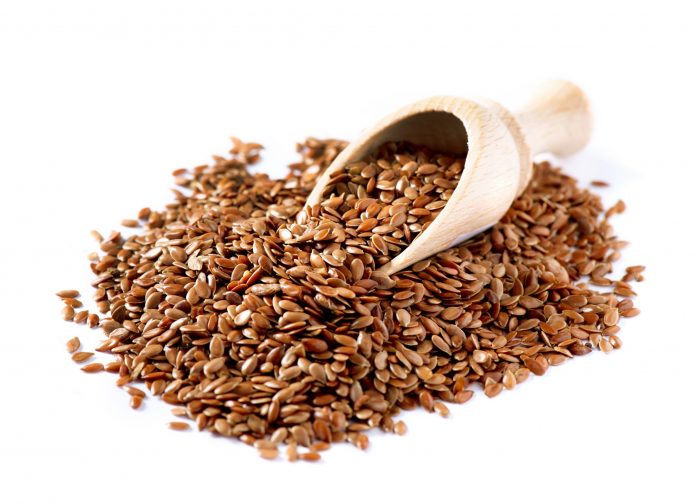
Advertisements
Omegas 3 and 6 are believed to help calcium absorption, and so help maintain healthy
bones.
Omega 3 is found in oily fish, linseeds, walnuts, and their oil, and in soy beans; omega 6 is in vegetable oils, nuts, eggs, poultry, and avocados. Phytoestrogens, found mainly in soy products, may help protect women over 50 from bone loss – they behave like a weak form of oestrogen and so have a similar effect to HRT.
But it’s best to eat soy in only small amounts.

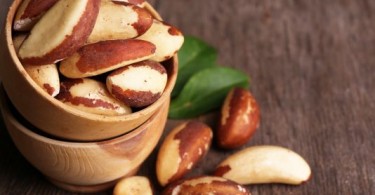
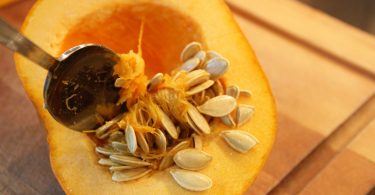
Comments